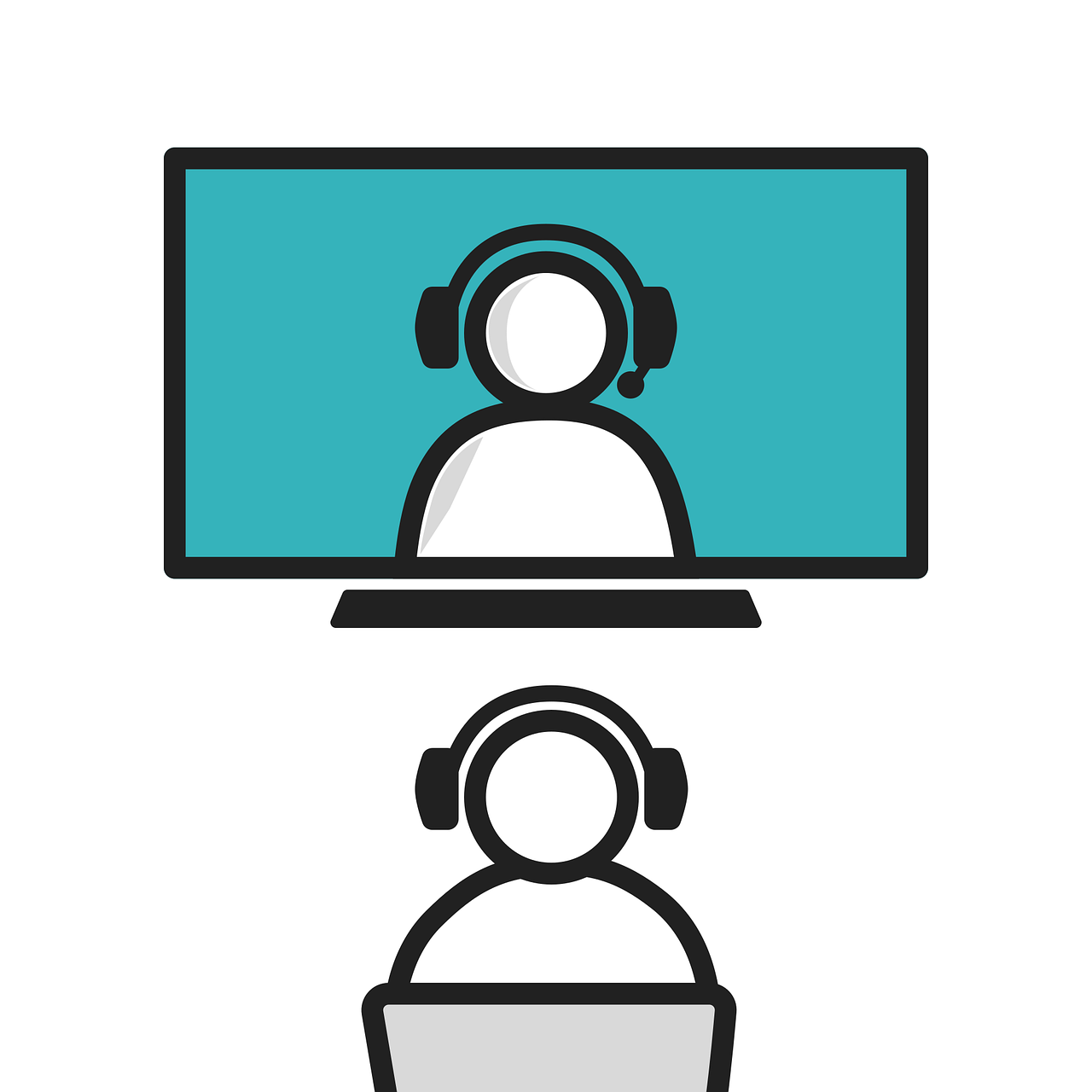Blockchain Revolutionizing Electronic Health Records Security in India’s Healthcare System

Brief news summary
The growing demand for quality healthcare underscores the need for digital solutions like Electronic Health Records (EHRs) to enhance access and efficiency. Traditional centralized EHR systems face risks from cyberattacks, jeopardizing patient privacy and trust. Blockchain technology presents a decentralized alternative that ensures immutable, secure, and transparent health records while improving interoperability. Using cryptographic hashing and smart contracts, patients gain secure control over their data. Notable implementations such as Estonia’s Guardtime and the US’s MedRec demonstrate blockchain’s promise in healthcare. In India, the Ayushman Bharat Digital Mission seeks to digitize health records but encounters privacy and interoperability challenges. Integrating blockchain could reduce costs, streamline workflows, and provide tamper-proof audit trails. Success depends on collaboration among stakeholders, compliance with regulations like GDPR and HIPAA, and establishing standardized protocols for consensus, access, and encryption. Government-led pilot initiatives are crucial to tackle scalability and integration hurdles. If properly adopted, blockchain can revolutionize India’s healthcare sector by safeguarding patient data, building trust, and improving service delivery.Image Source: Getty As the population grows, the demand for high-quality healthcare increases, making digital health solutions vital for enhancing accessibility, affordability, and efficiency. Electronic health records (EHRs) are the primary digital tool in healthcare to improve patient care standards. However, as patient data increasingly moves online, centralised systems have become attractive targets for cyberattacks, leading to breaches that compromise patient privacy and erode public trust. By adopting blockchain-powered storage, healthcare providers can enhance the confidentiality and integrity of up to 90% of medical data, significantly lowering risks of breaches and unauthorized access. Blockchain technology offers key features such as transparency, data immutability (data cannot be altered or deleted), and trust facilitation without a central authority. These traits enable communication across diverse healthcare software systems while maintaining data integrity and easing access to EHRs. Given strict data privacy laws like the EU’s GDPR and the US’s HIPAA, it remains uncertain if India’s healthcare system can fully meet these requirements. **How Blockchain Can Address Security Challenges in EHR** Securing EHR data is critical as EHRs have become healthcare’s standard. However, centralisation, fragmented systems, and poor access controls often cause significant security and privacy issues. For example, in 2022, the All India Institute of Medical Sciences (AIIMS), Delhi, suffered a ransomware attack that compromised sensitive patient and research data, threatening confidentiality. Moreover, because medical records are usually stored where they are created, patients often face difficulty accessing their records when moving between hospitals. The lack of interoperability and smooth data exchange is a major hurdle in EHR management. Blockchain’s secure, decentralised framework—which distributes data across numerous computers rather than central servers—can overcome these problems by enabling safe storage, sharing, and retrieval of EHRs. Decentralisation enhances system resilience and eliminates reliance on a single authority. Within blockchain’s decentralised ecosystem, interoperability allows secure, efficient exchange of patient data between systems and organisations. Each data block in the blockchain generates a unique cryptographic hash (e. g. , SHA-256), creating an unalterable fingerprint that prevents undetected tampering—any data change alters the hash and signals possible manipulation. Smart contracts—self-executing agreements encoded on blockchains like Ethereum—can regulate EHR access permissions, ensuring only authorised parties (e. g. , specific healthcare providers) can read or write records. Patients retain control by authorising or revoking data access at any time, enhancing security and trust, as all transactions are logged and auditable. Although blockchain shows great promise for India’s healthcare, its success depends on collaboration among patients, tech companies, healthcare providers, and policymakers to test, standardise, and scale solutions balancing innovation, security, and compliance. **Blockchain in Practice** Several healthcare institutions globally already use blockchain for data security. Guardtime partnered with Estonian healthcare providers to protect national health data by decentralising records, empowering patients to control data access and preventing unauthorized alterations. In the US, the MedRec blockchain system, piloted by Beth Israel Deaconess Medical Center and MIT Media Lab, facilitates secure management and access to electronic medical records by patients, healthcare professionals, hospitals, clinics, and insurers, with patients managing access and receiving transaction alerts. **Feasibility of Blockchain for India’s Healthcare** India’s 2021 Ayushman Bharat Digital Mission (ABDM) aims to build integrated health data registries and records, bridging gaps among healthcare stakeholders via digital highways.
Nonetheless, concerns over data privacy and competition may make providers reluctant to share information. A national blockchain for healthcare could address this by automating processes, reducing administrative burdens, accelerating claims for better cash flow, eliminating fraud through secure data handling, and enabling accurate billing via a shared ledger—thus lowering healthcare costs. PwC pilot studies indicate blockchain can enable nationwide EHR exchange via smart contracts managing patient consent and tamper-proof audit trails. However, integration challenges with existing IT systems persist. The government’s National Blockchain Framework shows a commitment to decentralised, citizen-centric services and offers a governance model for secure healthcare data management. Collaborations like the Indian Institute of Technology (IIT) Bombay and Blockchain for Impact (BFI) exemplify efforts to improve healthcare accessibility. Combining blockchain with Artificial Intelligence (AI) and the Internet of Things (IoT) could enhance real-time monitoring, data integrity, and predictive analytics, though this demands robust integrated infrastructure and strong data governance. Ultimately, blockchain’s potential in India hinges on multi-stakeholder cooperation to develop secure, scalable, and compliant healthcare solutions. **Policy Roadmap: Considerations for India** Adopting blockchain for EHR protection in India requires a comprehensive policy roadmap. Governments and regulators must establish clear rules for widespread blockchain adoption in healthcare. Challenges like scalability, interoperability, and regulatory compliance must be tackled by i) employing hybrid blockchains that provide better scalability than public versions; ii) collaborating with stakeholders to create interoperable data formats and standardised protocols enabling smooth integration; and iii) focusing on well-defined pilot projects with clear goals before nationwide rollout. The ABDM’s digitisation relies on public-private partnerships where IT companies innovate by integrating tools like AI, IoT, blockchain, and cloud computing into the ABDM platform. While these collaborations improve productivity, cybersecurity and data privacy remain concerns. Partnerships with private hospitals are nascent but expected to grow. Legal challenges should be met by working with policymakers to craft laws fostering innovation while protecting privacy and security. Strong encryption and access control are essential for compliance. The healthcare sector must formulate standardised protocols for consensus building, access management, and encryption to unlock blockchain’s full potential. Facilitating interoperability among EHR systems and blockchain networks through clear standards is vital to ensuring safe data exchange and easy access, enhancing security, efficiency, and portability of healthcare data. Collaborations with government bodies, research institutes, and academia can bring access to cutting-edge research, best practices, and regulatory guidance, ensuring blockchain’s successful healthcare deployment. **Conclusion** Given India’s unique infrastructure and regulatory challenges, blockchain must be thoughtfully and selectively implemented to transform the healthcare sector. When applied strategically, it can significantly improve patient care security, efficiency, and transparency. Blockchain development services are poised to become foundational in creating a safer, more effective, and patient-centric healthcare ecosystem and in building a more reliable, trustworthy EHR system. *Authored by Madhavi Jha, former Research Intern at the Observer Research Foundation. *
Watch video about
Blockchain Revolutionizing Electronic Health Records Security in India’s Healthcare System
Try our premium solution and start getting clients — at no cost to you

I'm your Content Creator.
Let’s make a post or video and publish it on any social media — ready?
Hot news

15 Ways Sales Has Changed This Year in the Age of…
Over the last 18 months, Team SaaStr has immersed itself in AI and sales, with a major acceleration starting June 2025.

OpenAI's GPT-5: What We Know So Far
OpenAI is gearing up to launch GPT-5, the next major advancement in its series of large language models, with the release expected in early 2026.

AI in SEO: Transforming Content Creation and Opti…
Artificial intelligence (AI) is swiftly reshaping the field of content creation and optimization within search engine optimization (SEO).

AI Video Conferencing Solutions Improve Remote Wo…
The shift to remote work has highlighted the crucial need for effective communication tools, leading to the rise of AI-powered video conferencing solutions that enable seamless collaboration across distances.

AI In Medicine Market Size, Share, Growth | CAGR …
Overview The Global AI in Medicine Market is forecasted to reach approximately USD 156

Google's Danny Sullivan & John Mueller On SEO For…
John Mueller from Google hosted Danny Sullivan, also from Google, on the Search Off the Record podcast to discuss "Thoughts on SEO & SEO for AI

Lexus takes generative AI for a spin in new holid…
Dive Brief: Lexus has launched a holiday marketing campaign created using generative artificial intelligence, according to a press release
AI Company
Launch your AI-powered team to automate Marketing, Sales & Growth

and get clients on autopilot — from social media and search engines. No ads needed
Begin getting your first leads today








